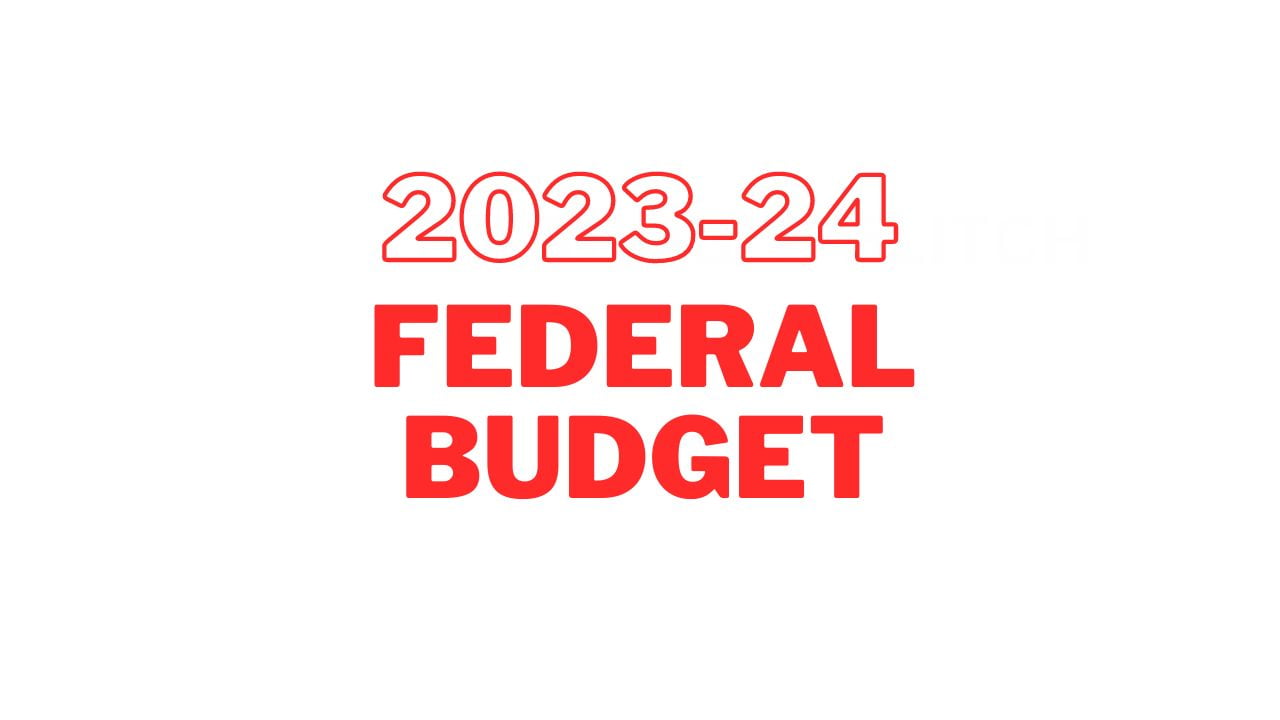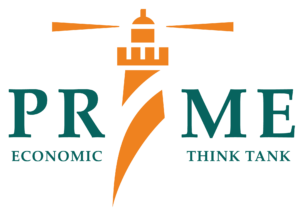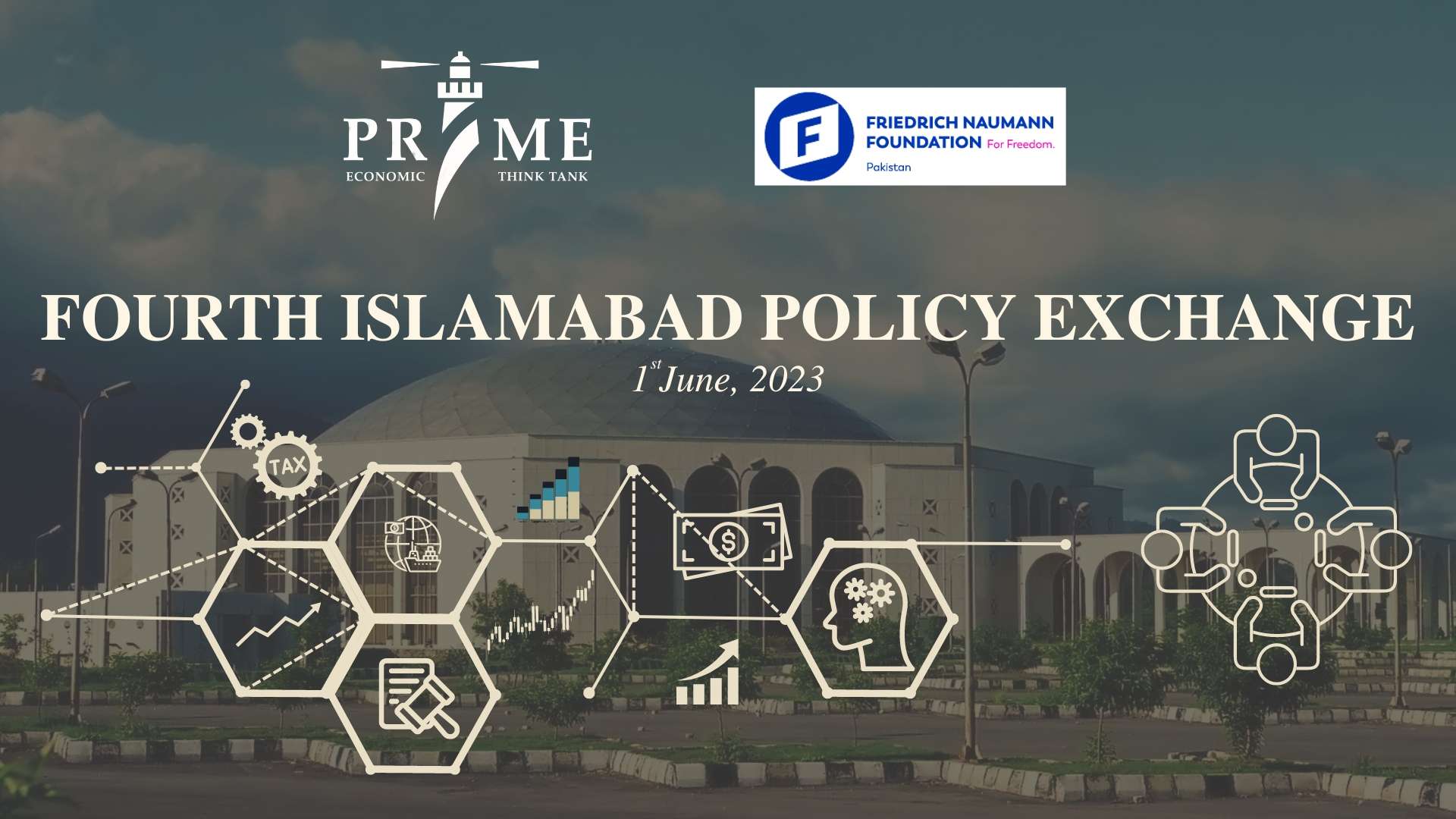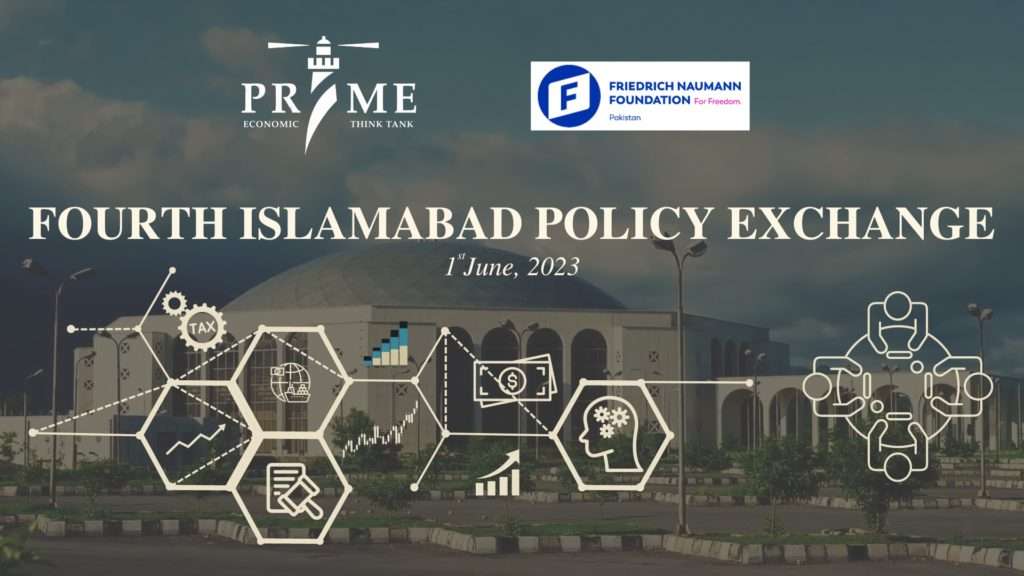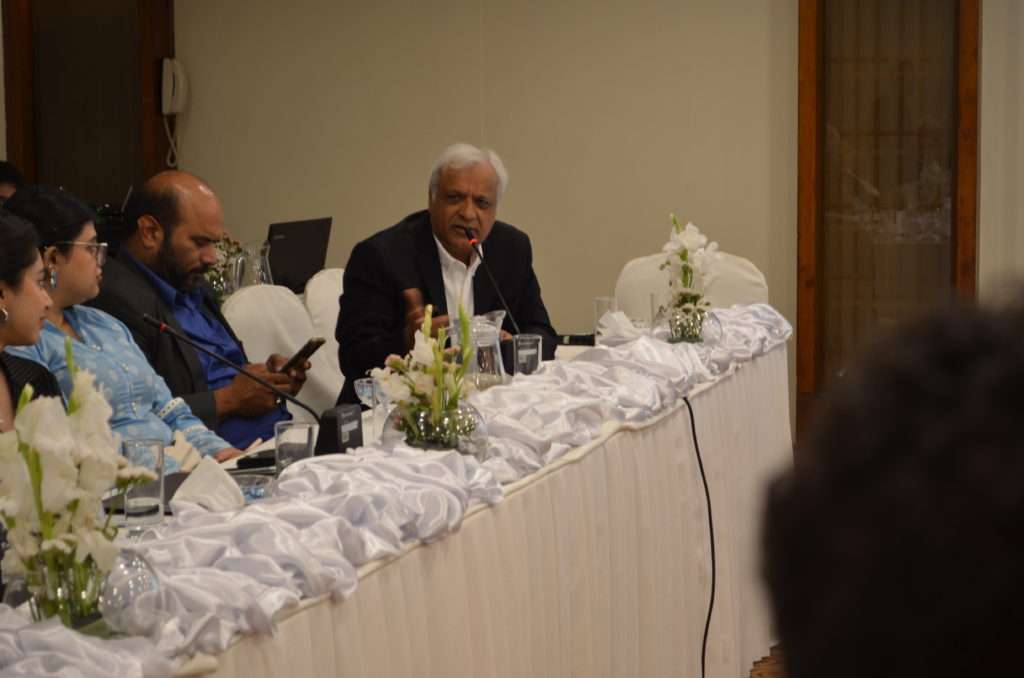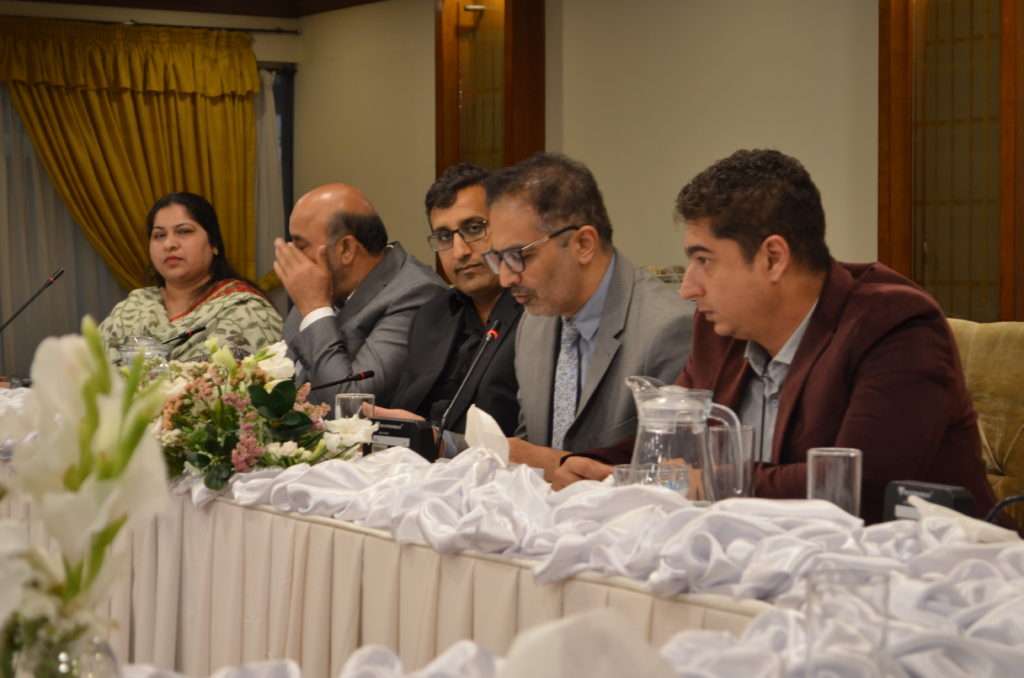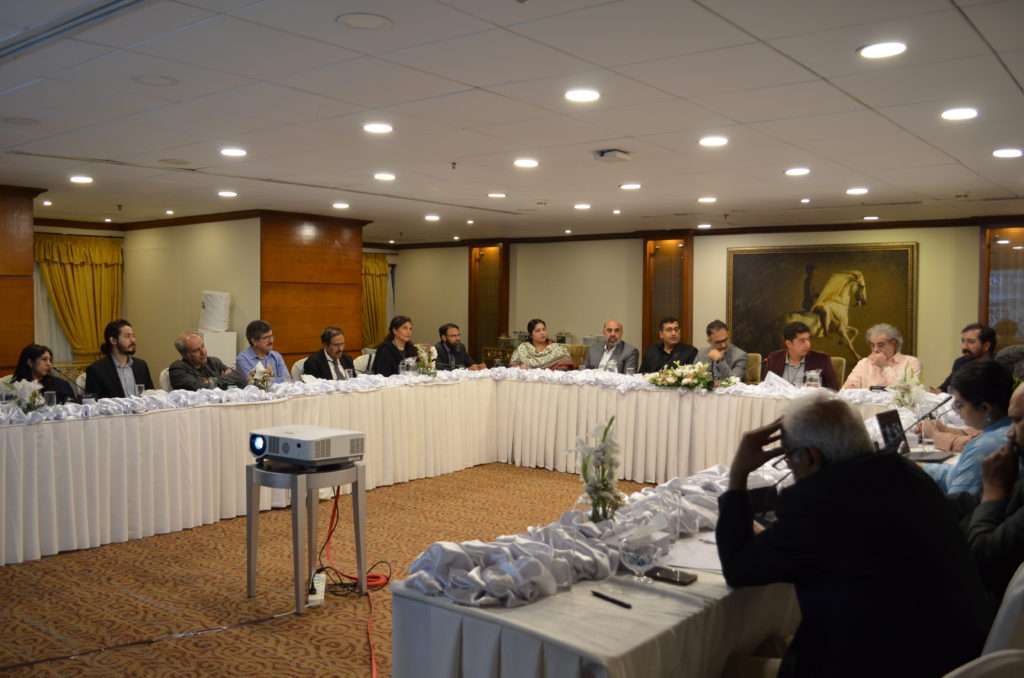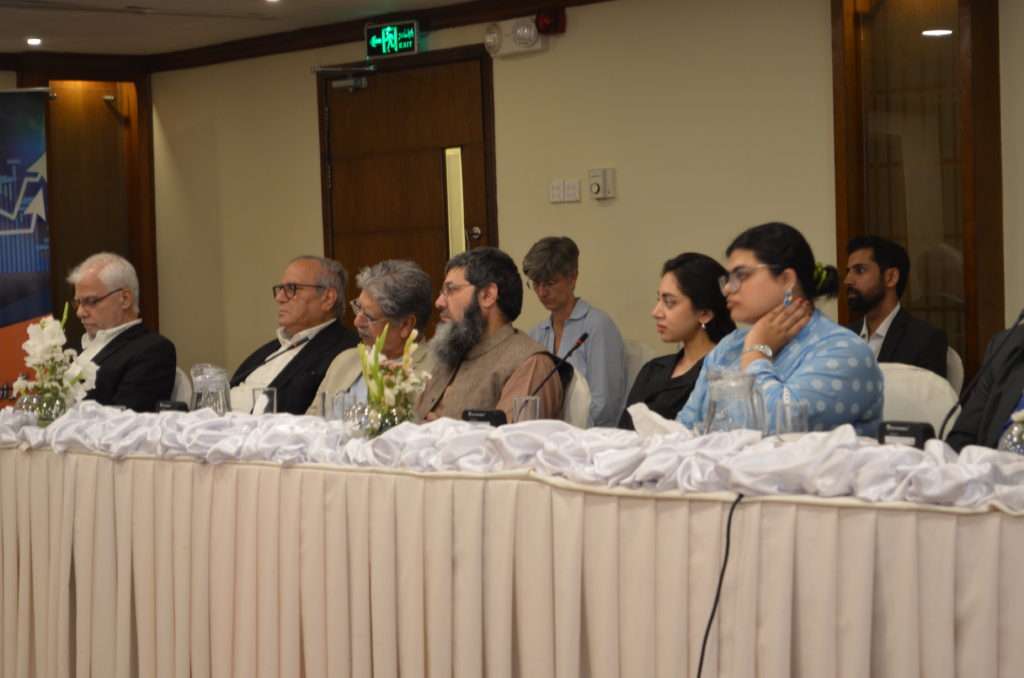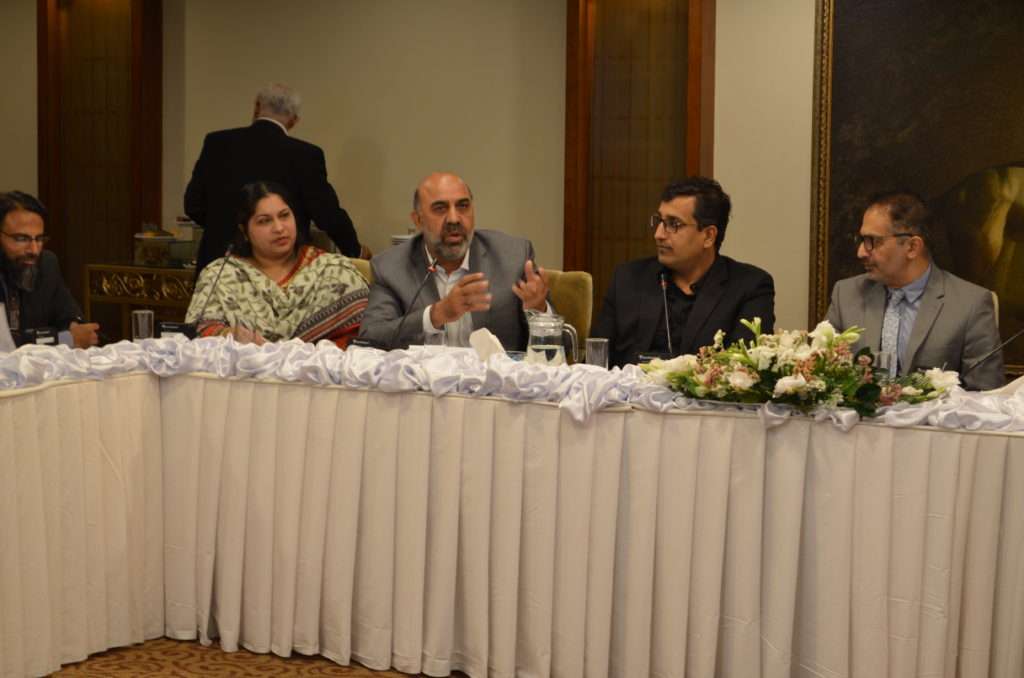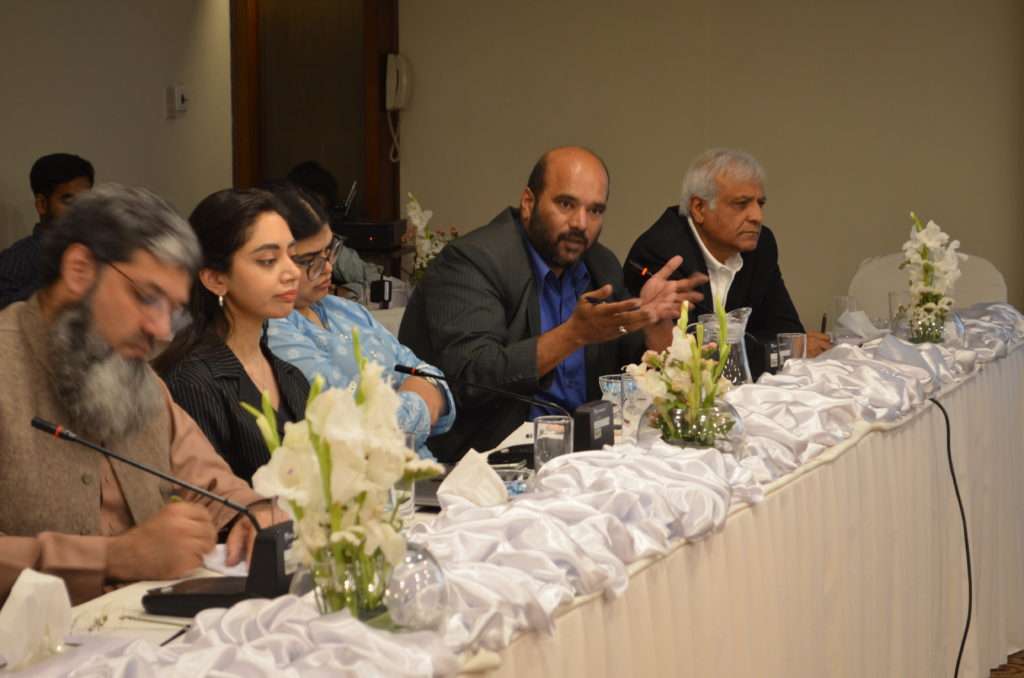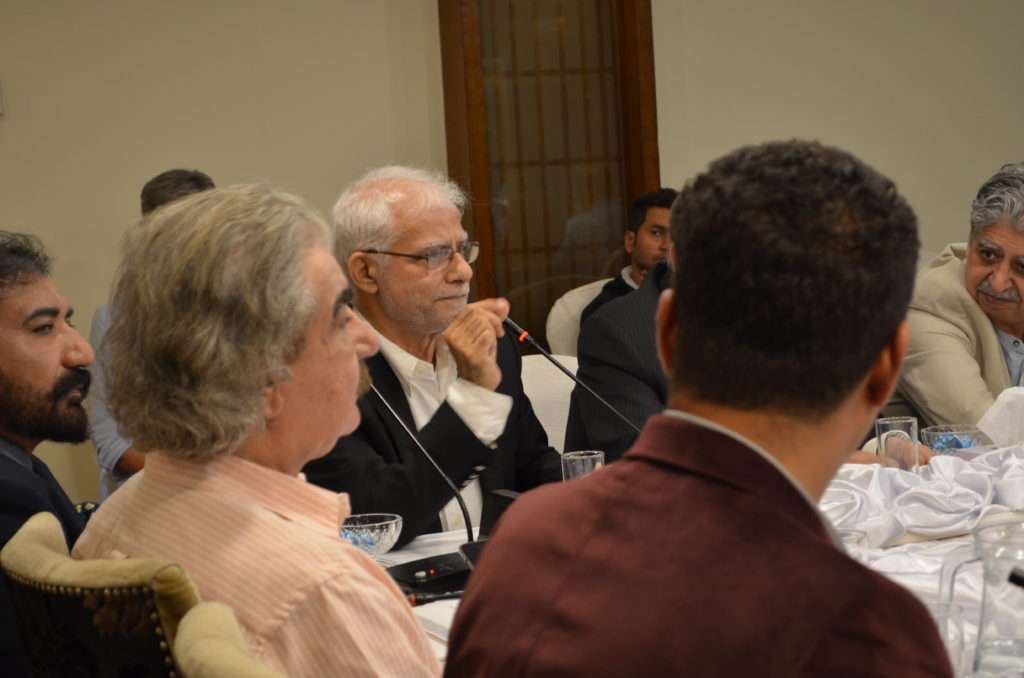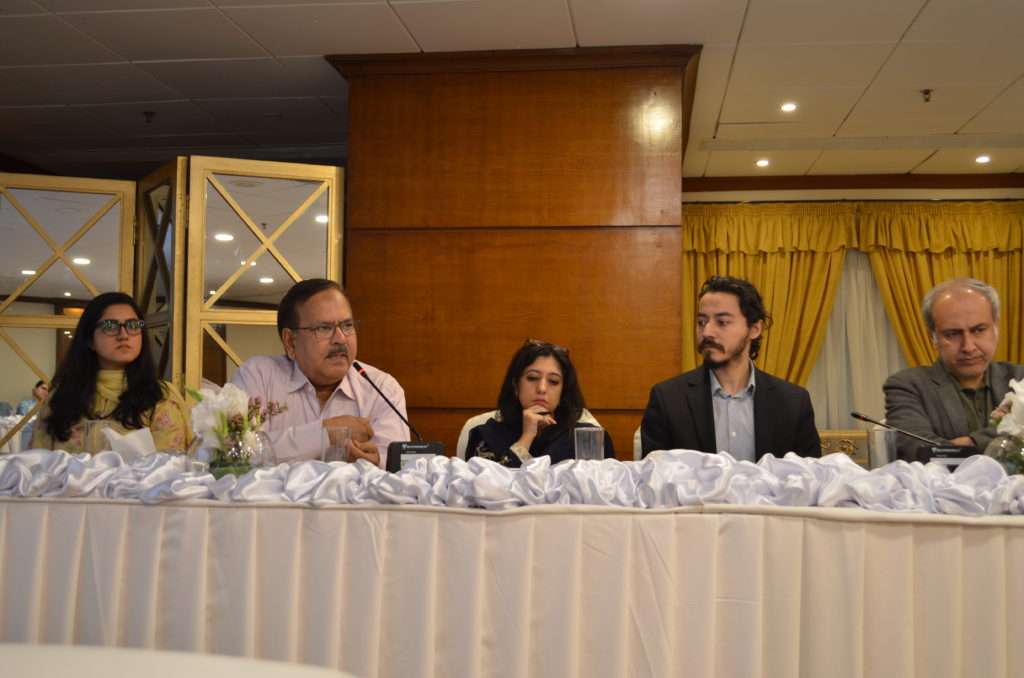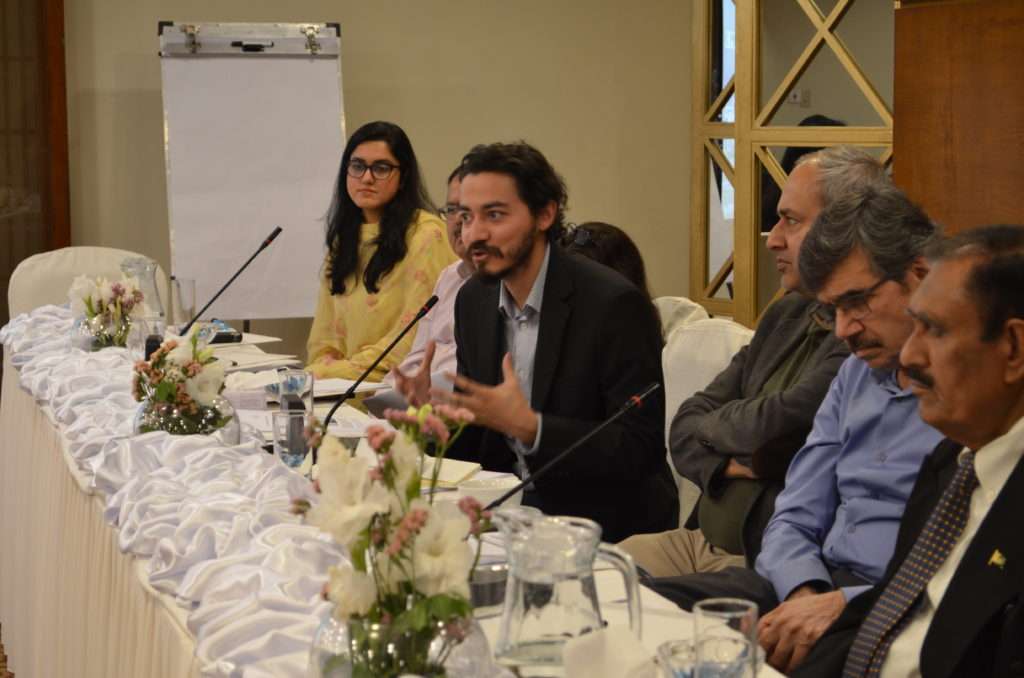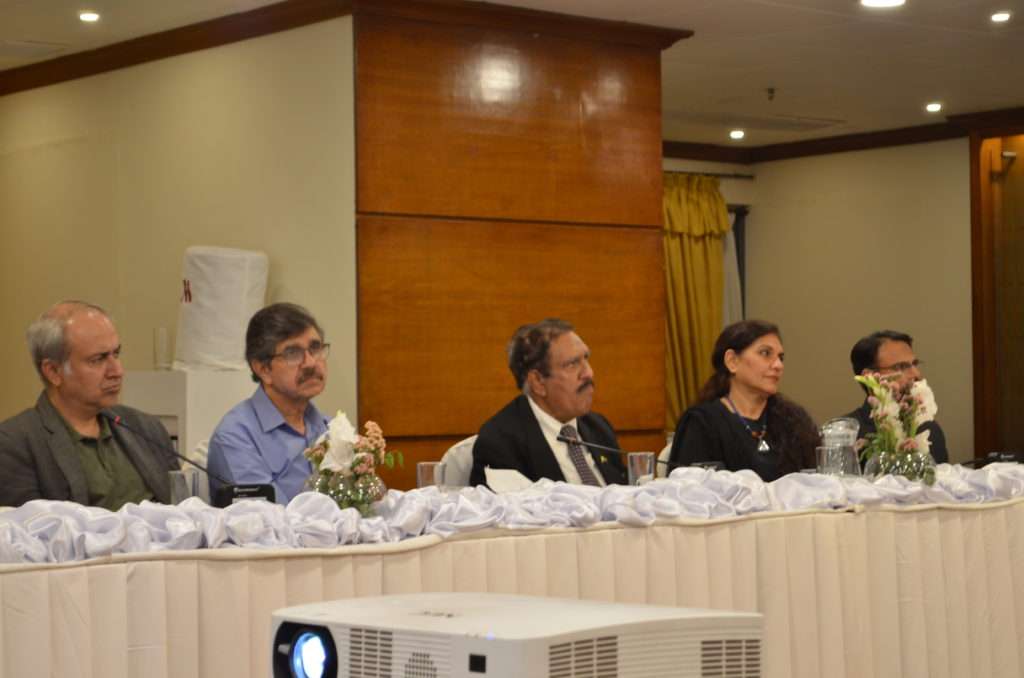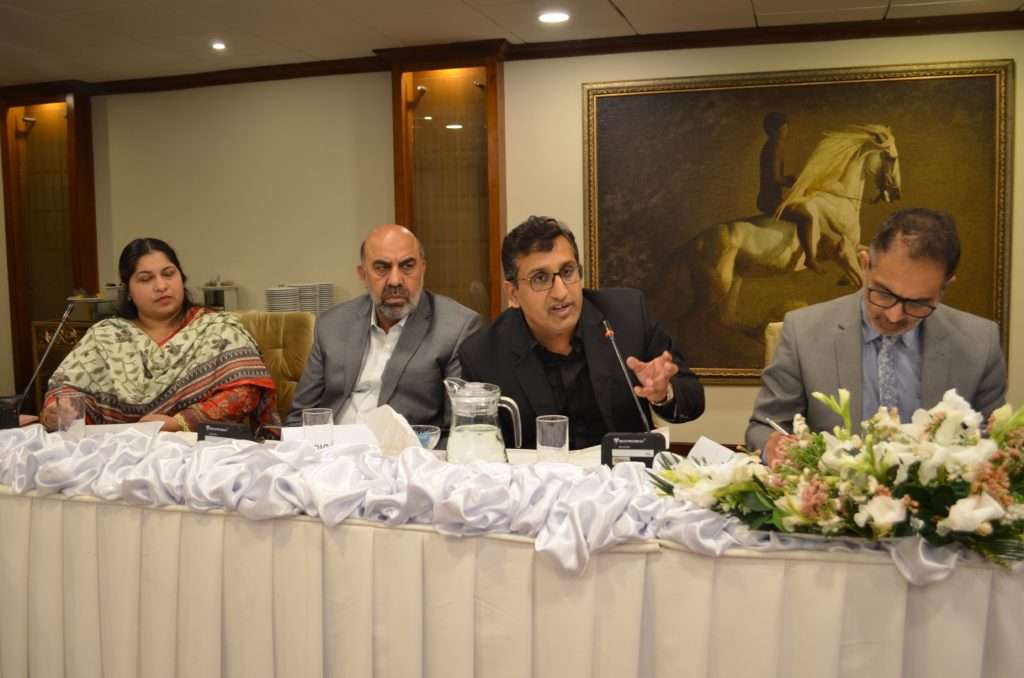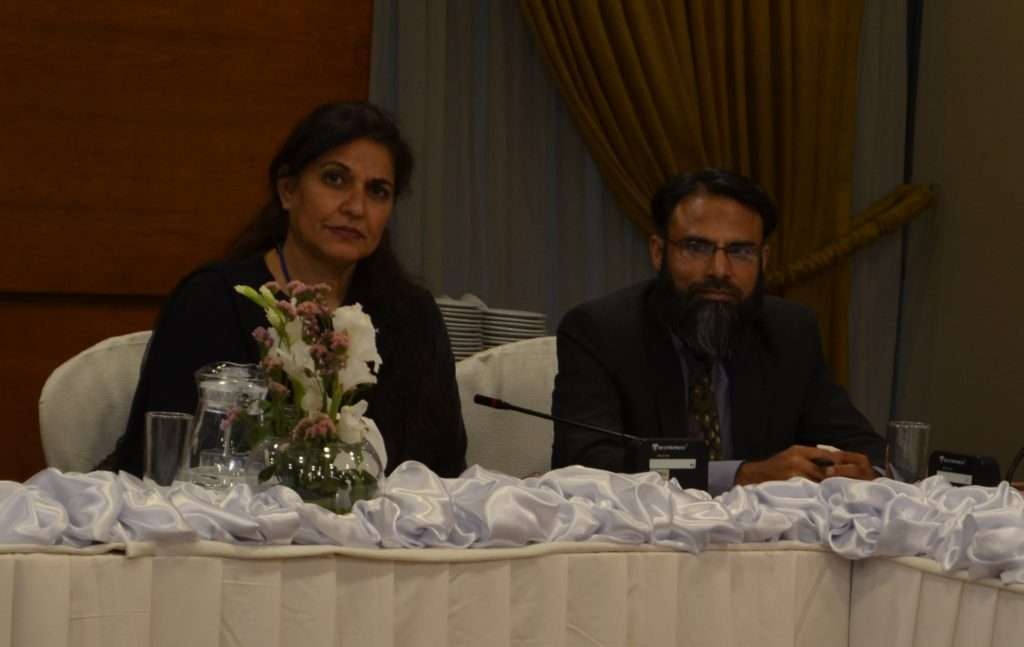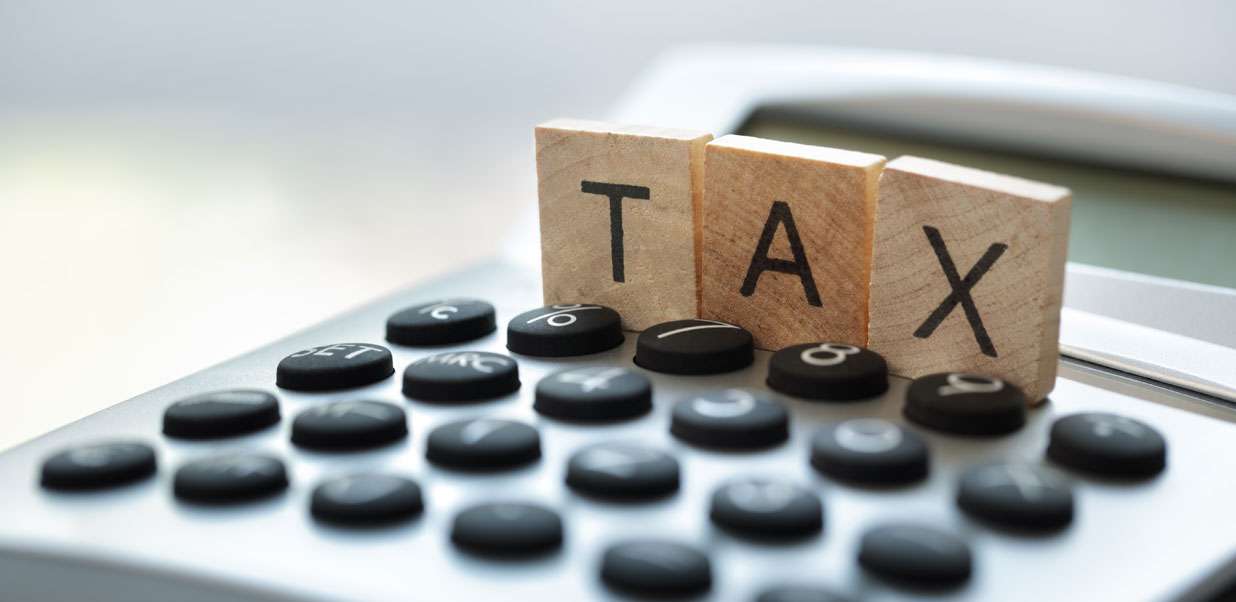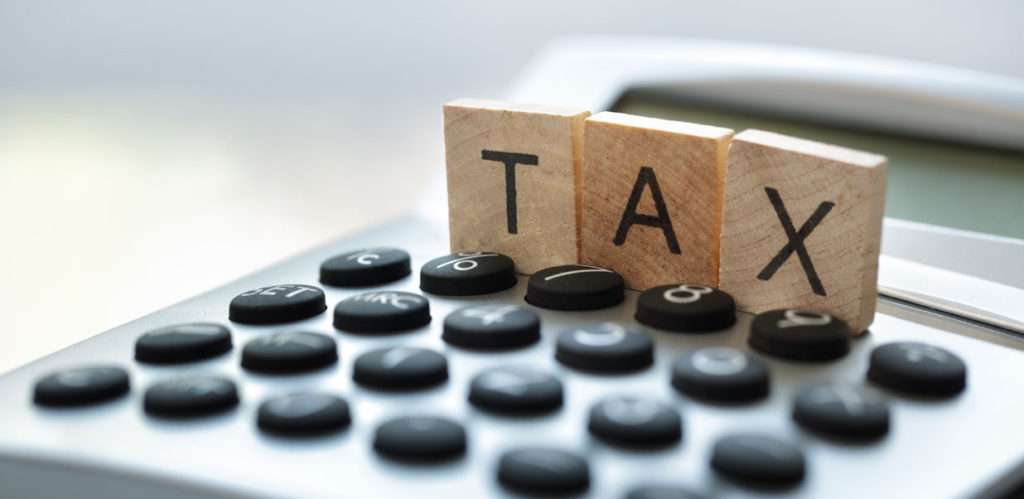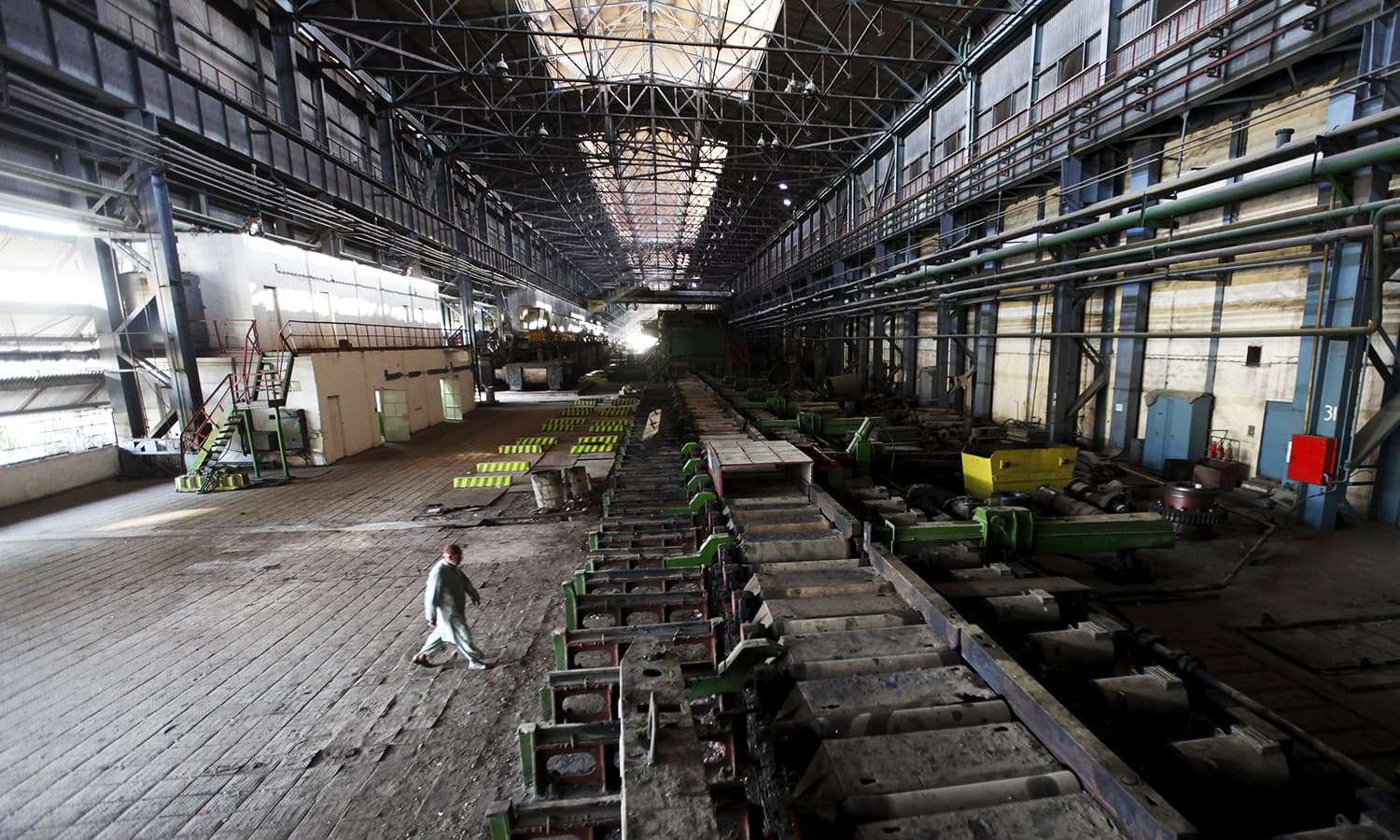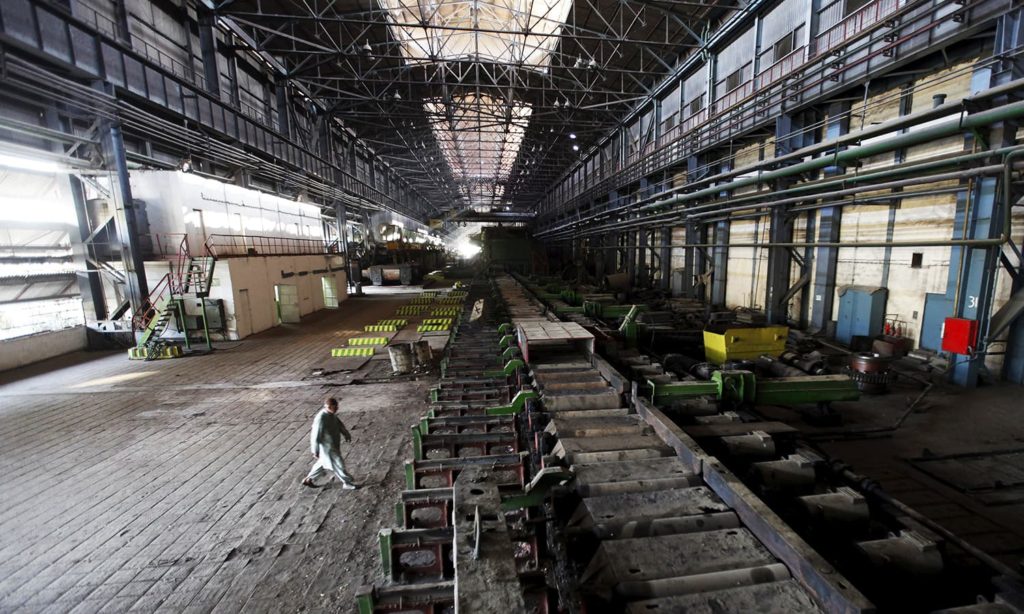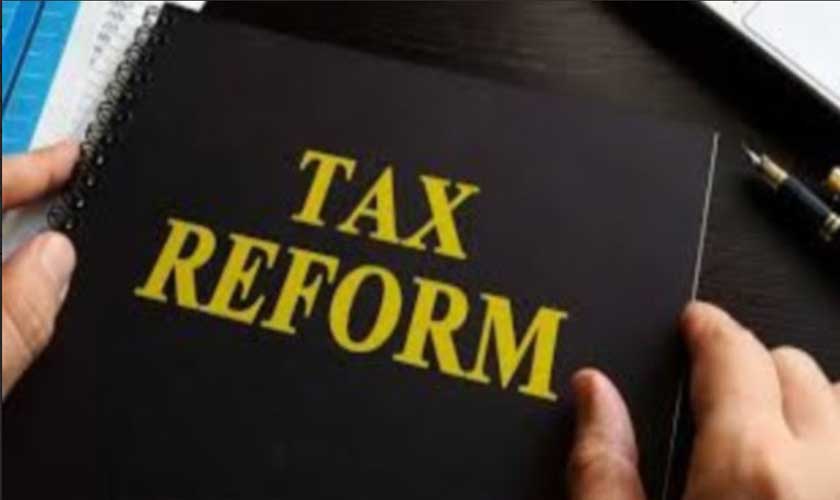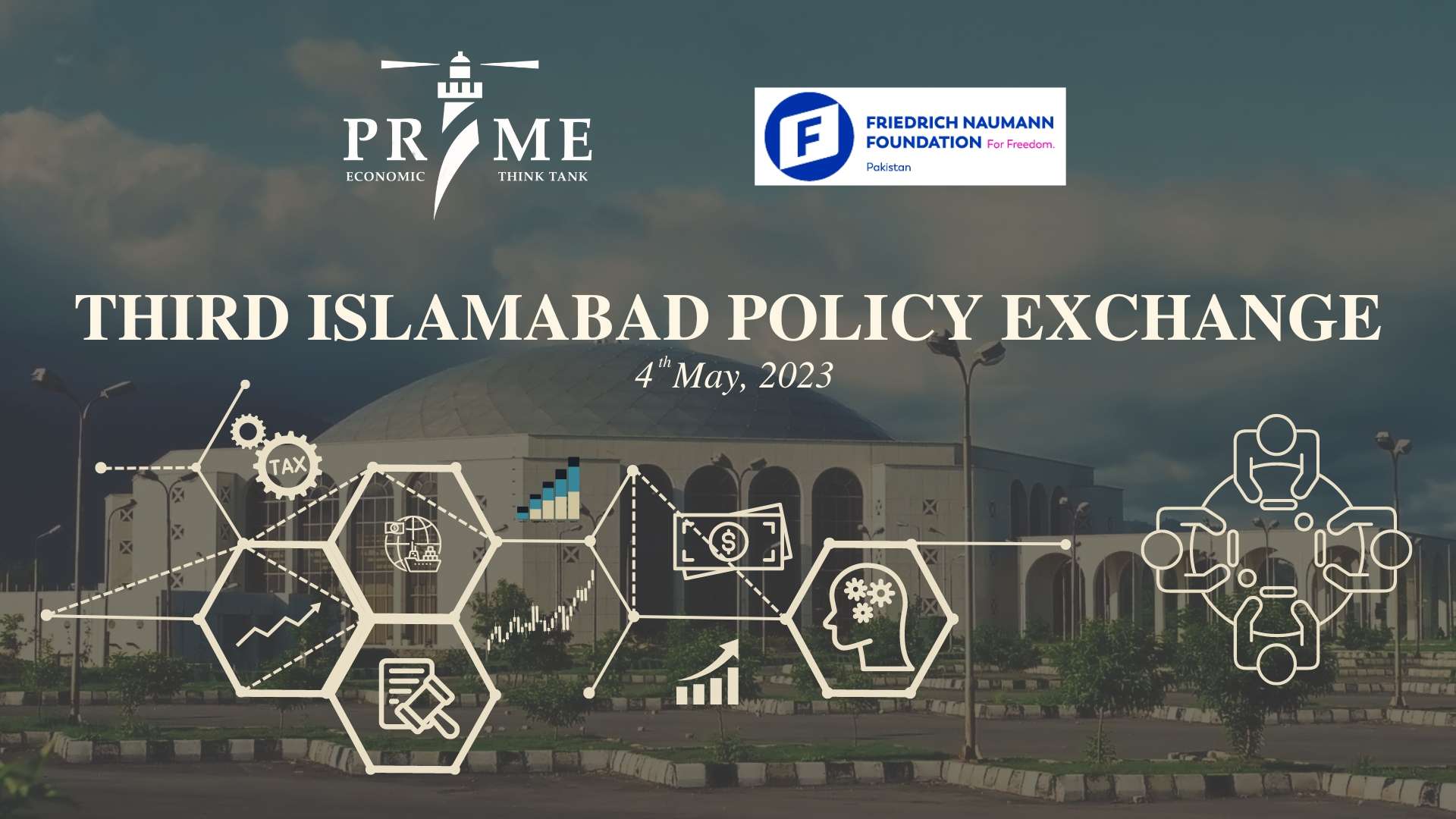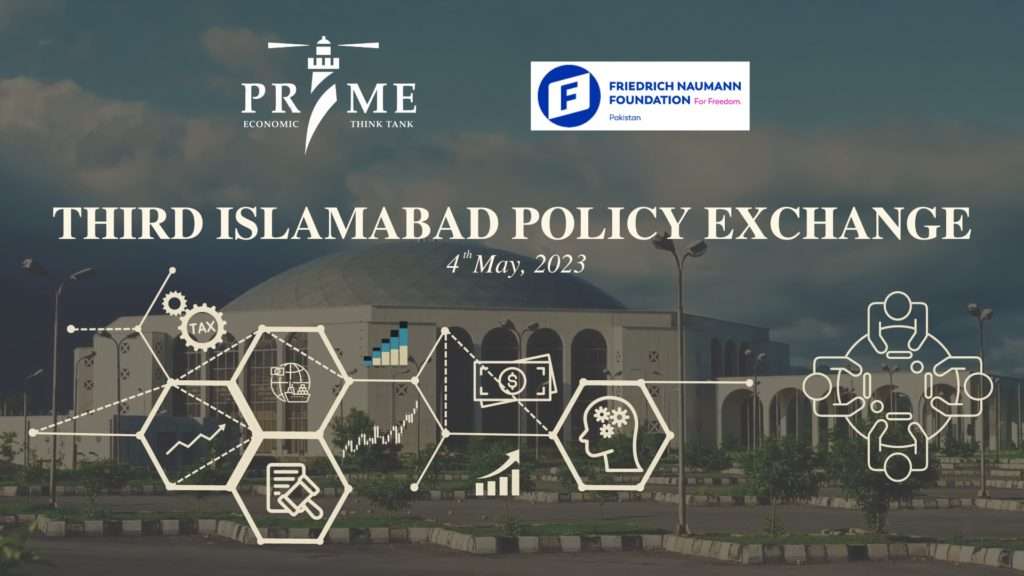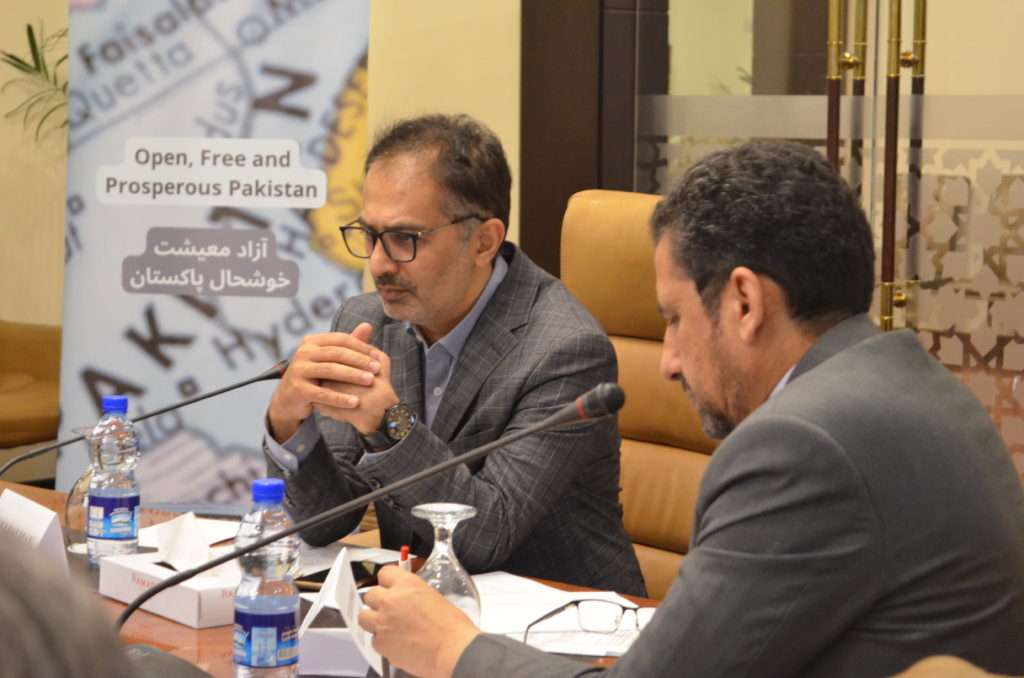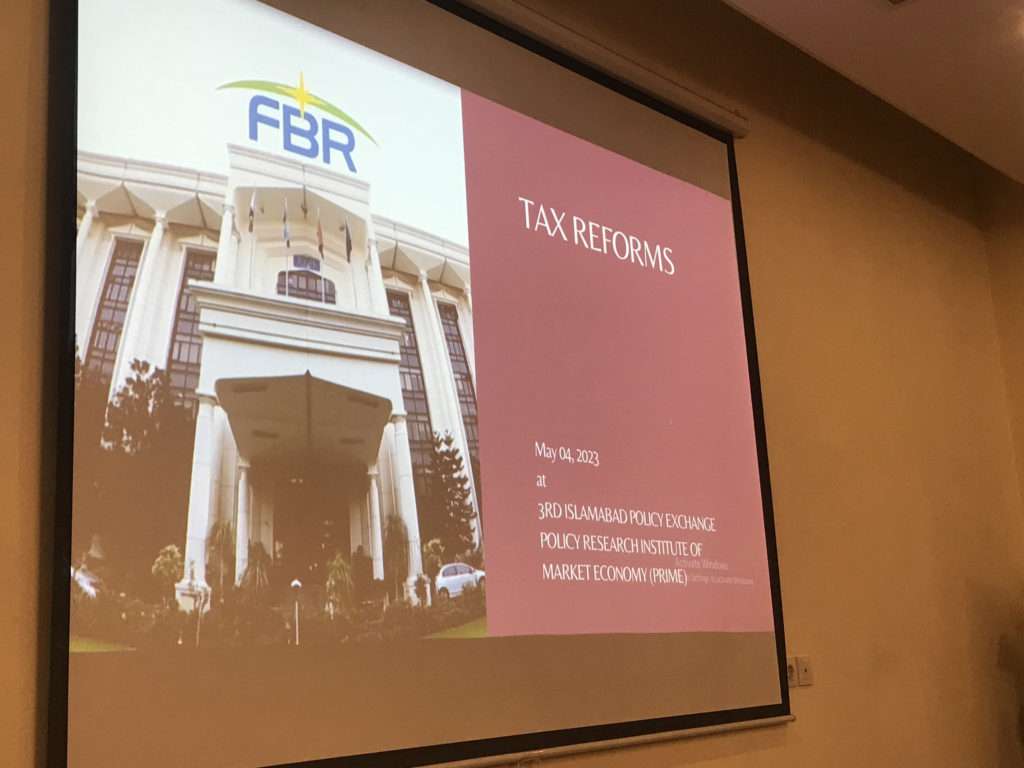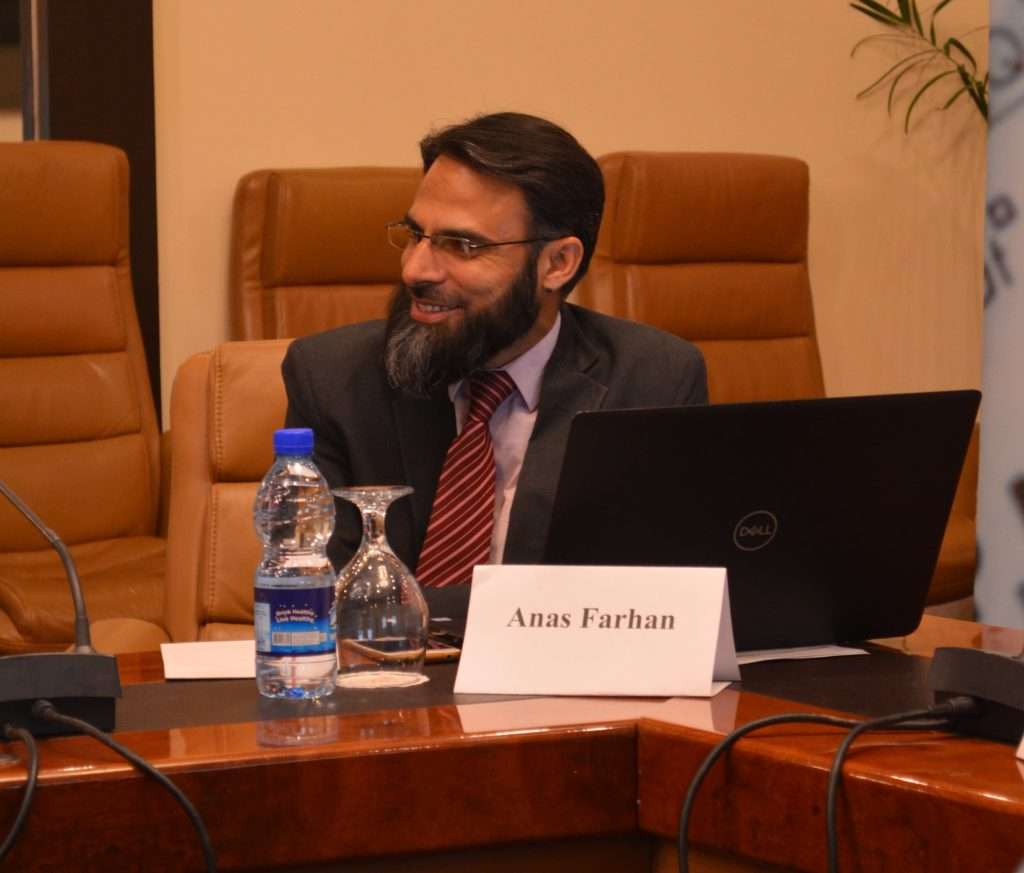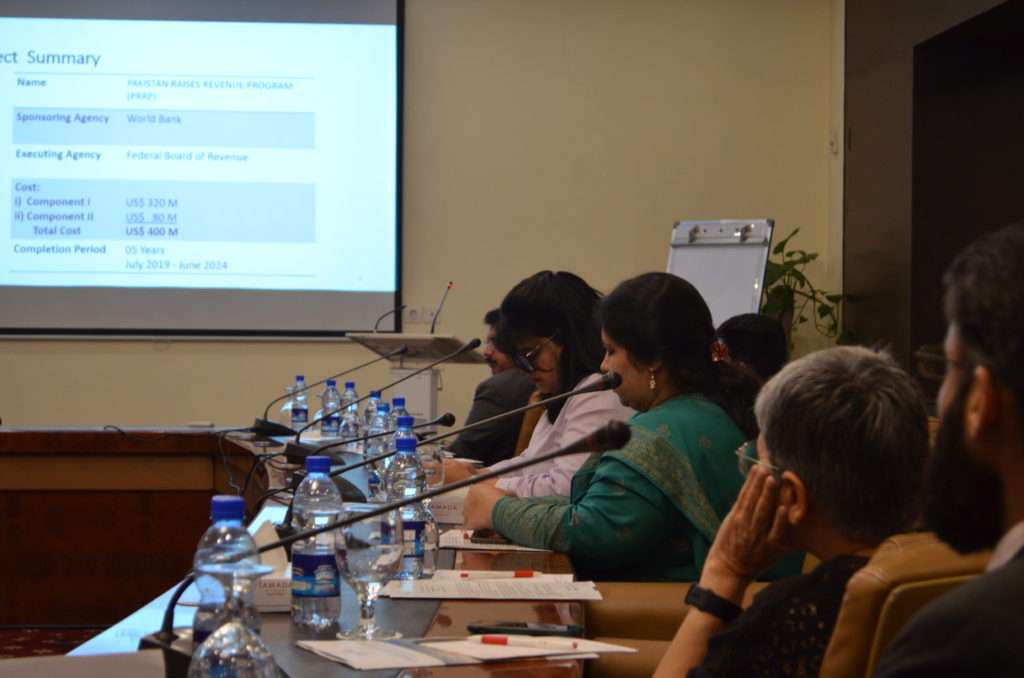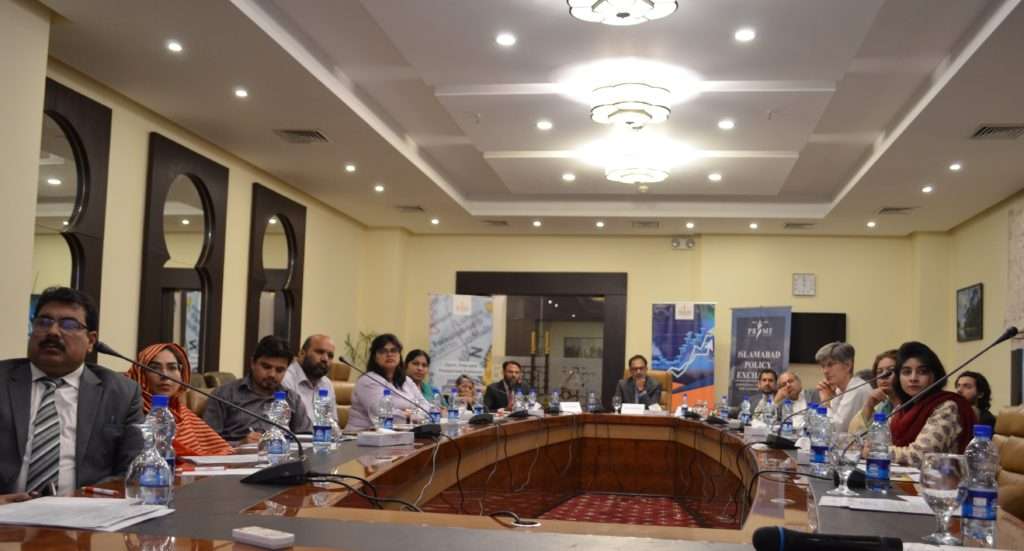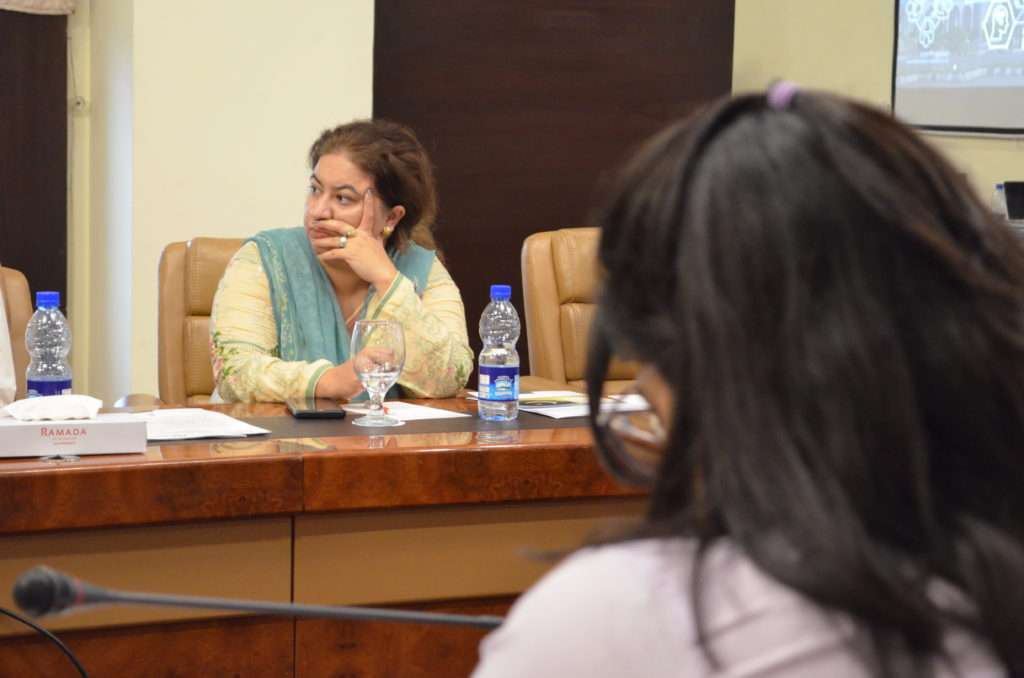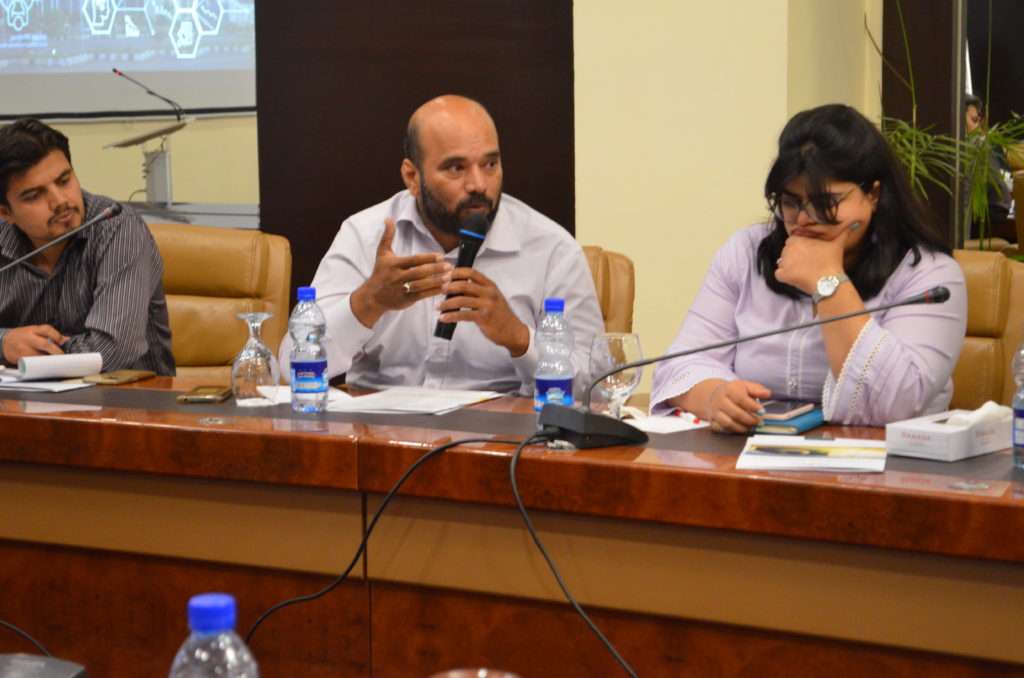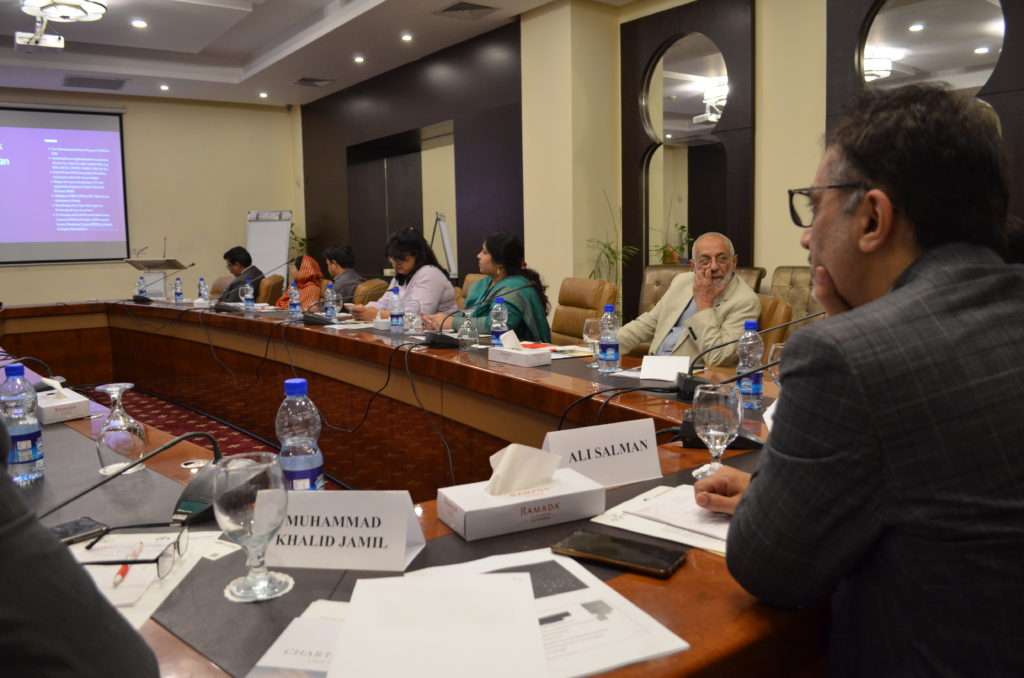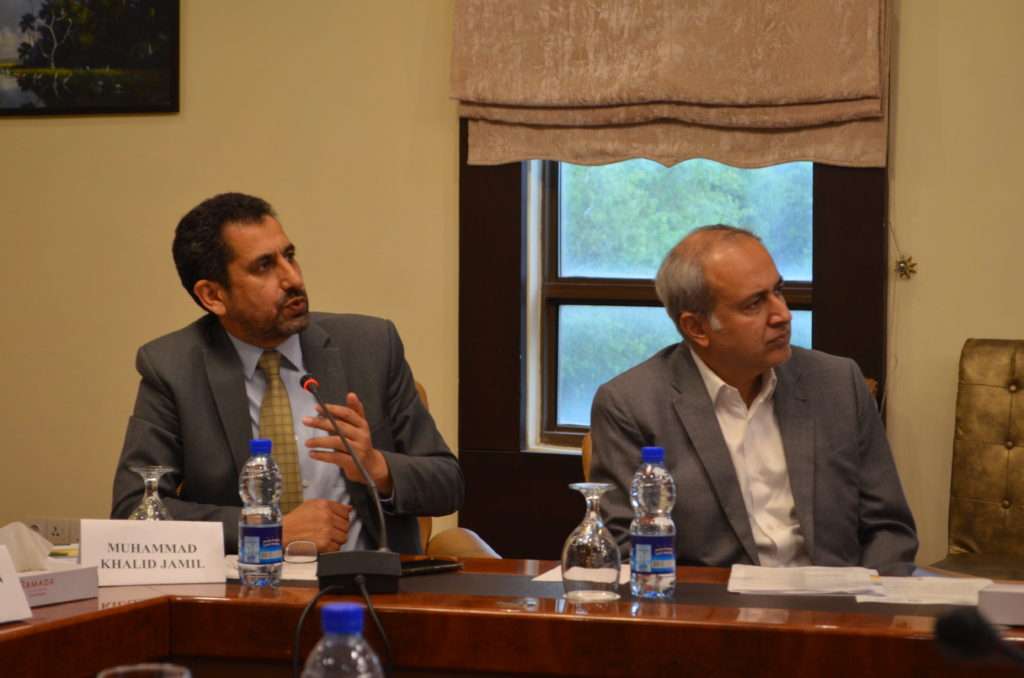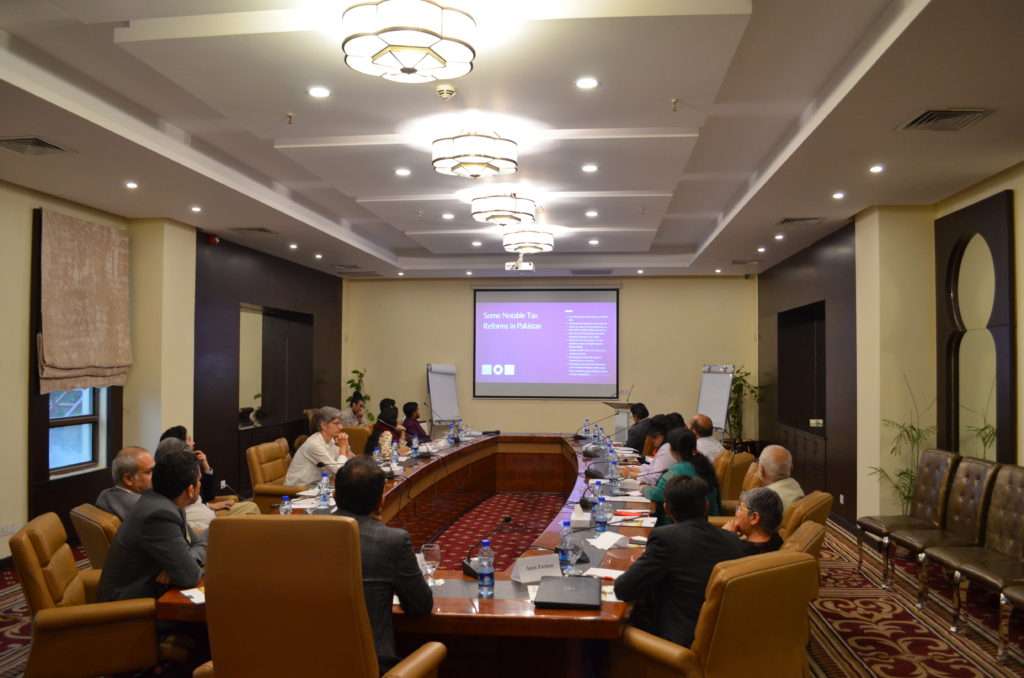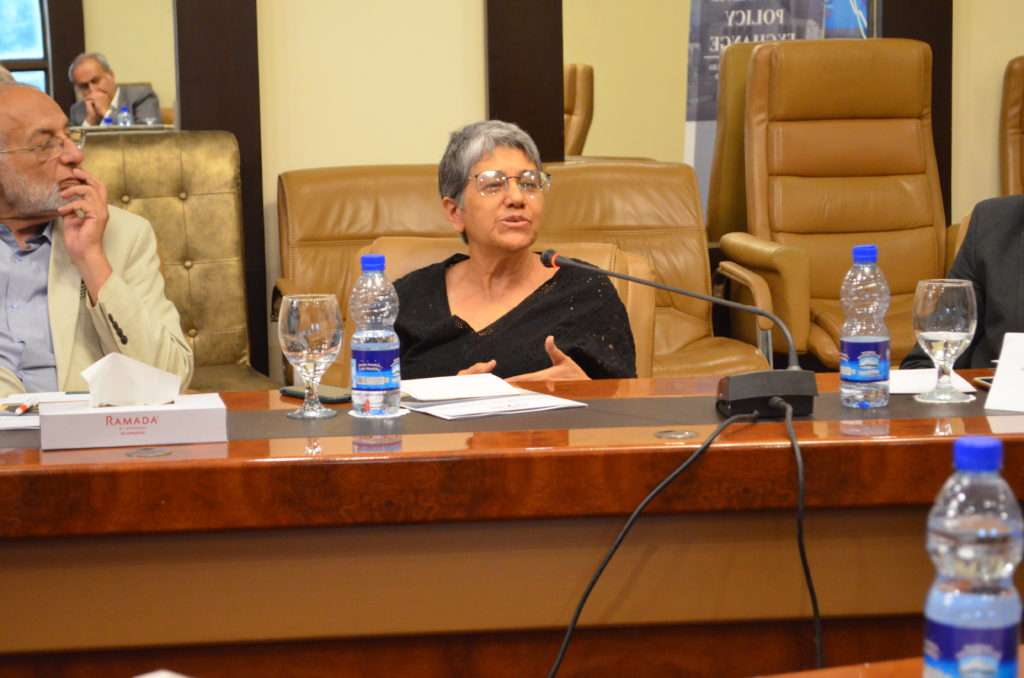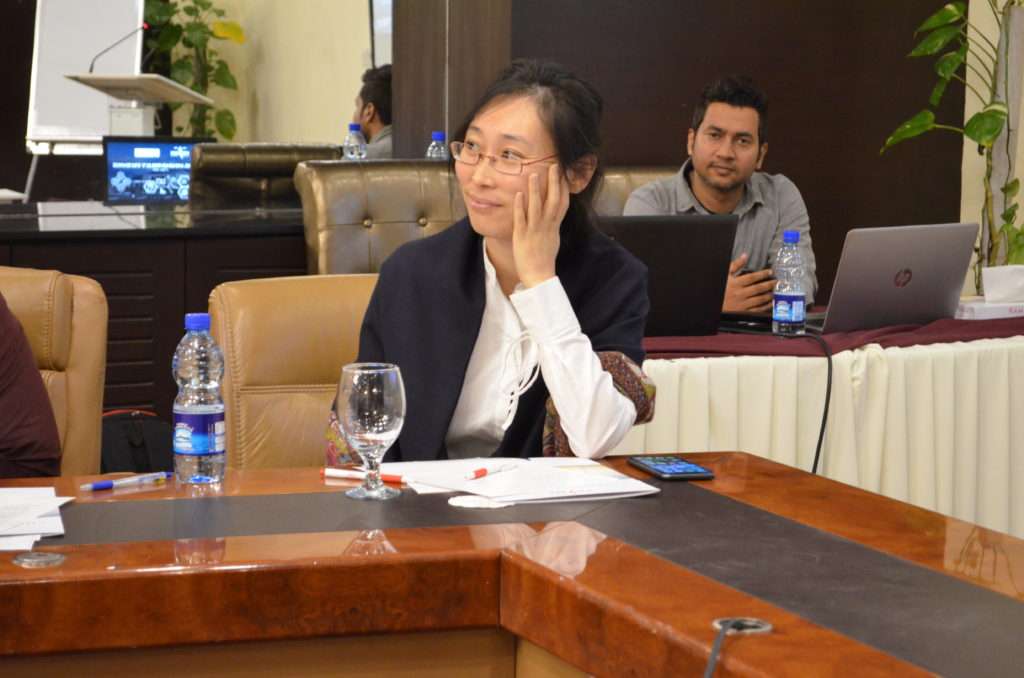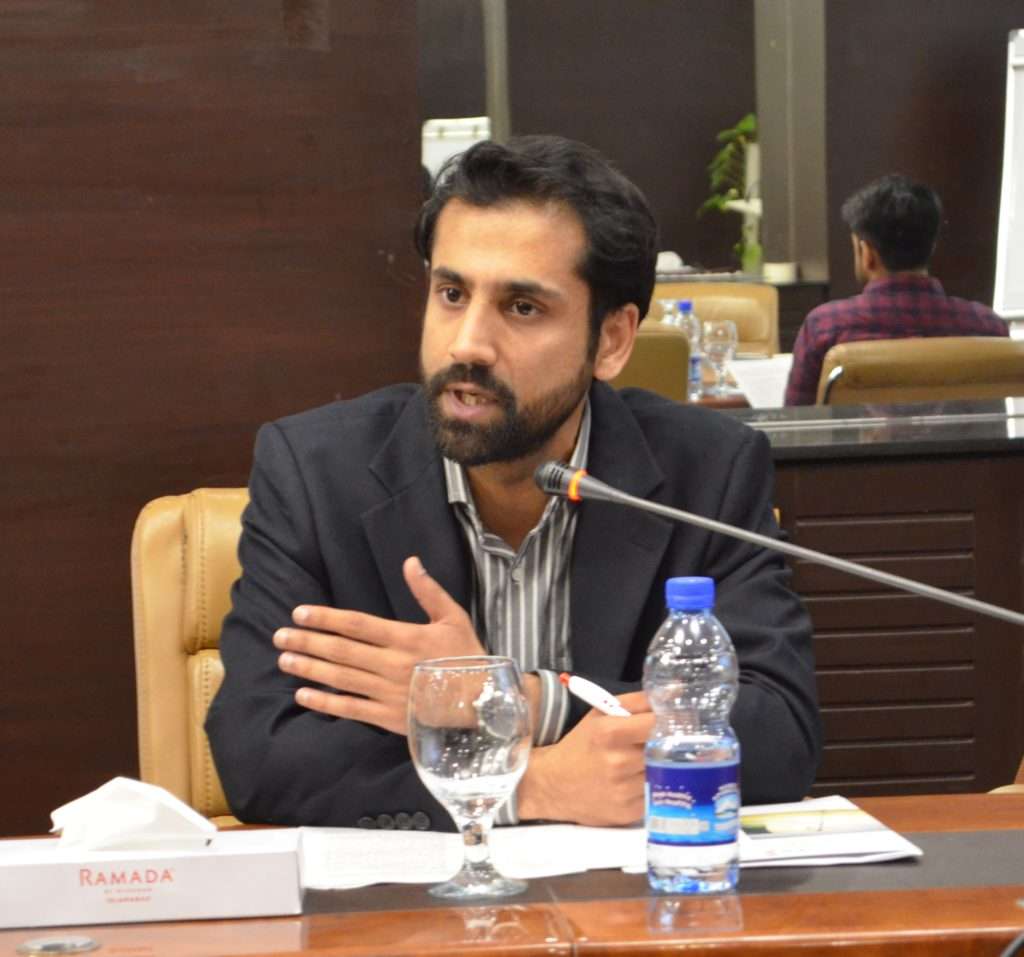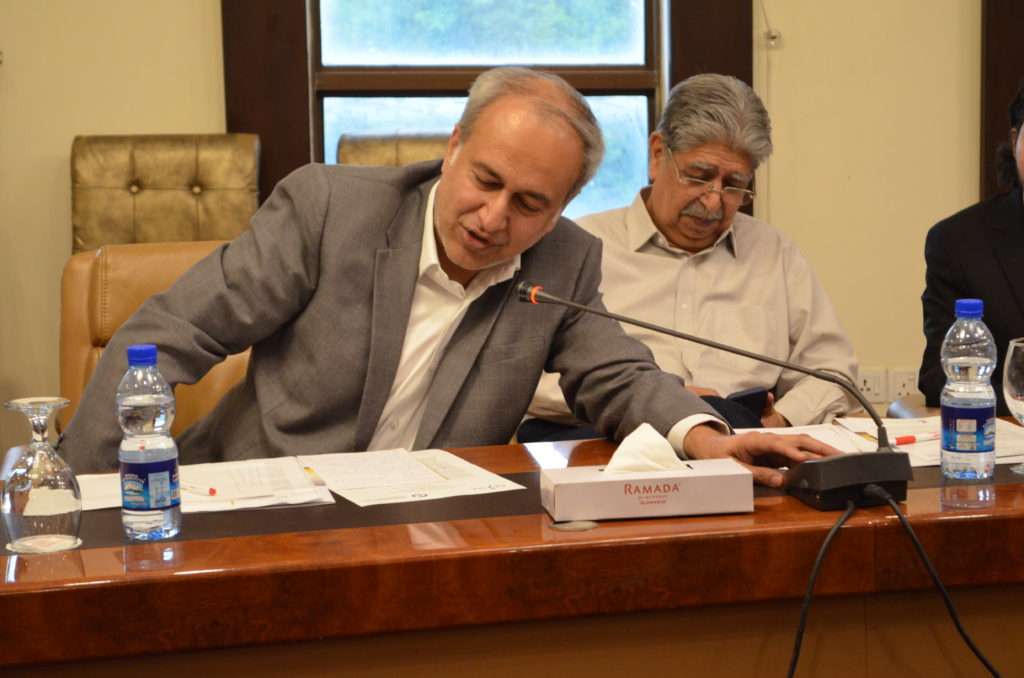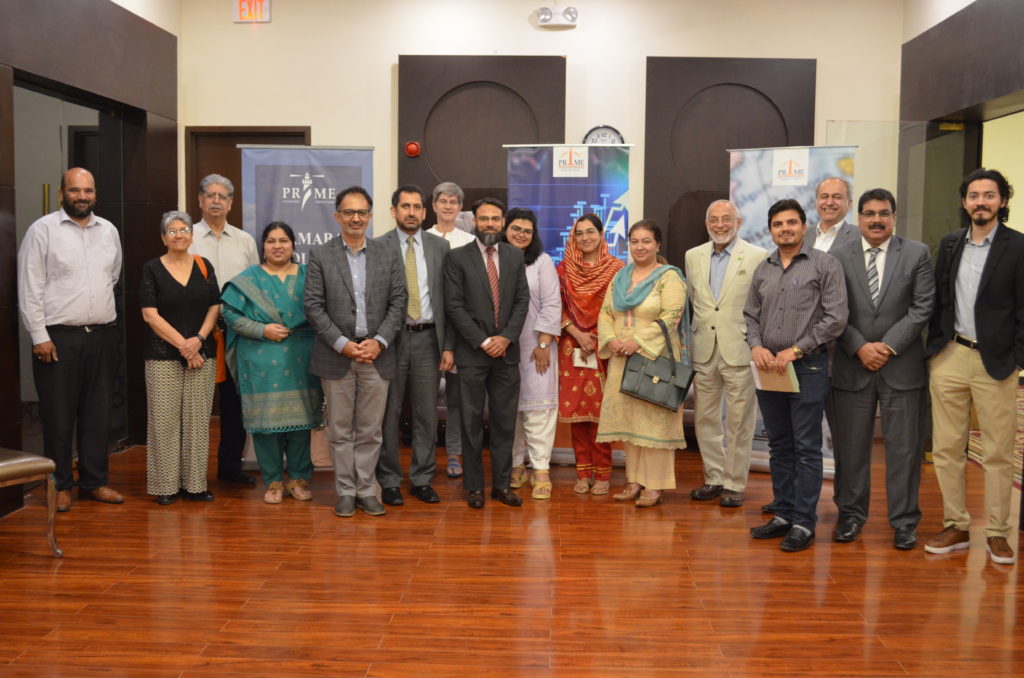We need a minister of economy
Minister’s main job should be to lay foundation of sustained economic growth
Ali Salman | June 26th, 2023

One must begin with outright admiration for Ishaq Dar. One can disagree and criticise him for being too focused on the accounting aspect of economy, as this author and many have argued.
For Dar, current account management has taken precedence over anything else, sacrificing growth. He is an easy target for economists like us.
However, I do realise that as the minister of finance, his key performance indicator is to keep government accounts in good shape, at least under his watch.
He used many tools for it such as import compression, debt re-profiling, rollovers, tax rate hikes, and budget re-appropriation. He did it all to, successfully, manage accounts and to avert default.
He has cut down current account deficit by 75%, beating even IMF estimates. While we are free to interpret history, and to project varying scenarios, this is what Dar has achieved as finance minister.
Now, let’s set our eyes at the post-election and post-Dar scenario. I am hoping that by that time, our economy, and in particular the economics of the federal government, will be out of fire-fighting mode, and we will be ready to discuss economic issues in a five-year framework. We can then talk about growth, jobs, exports, investment and prosperity.
It also seems that the political situation will lead to the emergence of a hung parliament and a coalition government without any single party dominating. As and when that scenario emerges, we must prepare ourselves for long-term economic direction.
To begin with, we need a Charter of Economy on which political, business and intellectual leaders should develop a consensus. Many individuals and organisations have floated their versions, such as Dr Hafiz Pasha, PIDE and PRIME.
While we should debate on the charter, we should also think about implementation arrangements. The economy is too complicated a matter to be left to a minister of finance. We need a minister of economy whose main job should be to lay the foundation of sustained economic growth.
The minister of economy should not be same as a minister of finance, whose job is to balance books even at the cost of growth.
I am not the first person to point out that economic governance is fragmented across various ministerial functions, and we need an integrated strategy, though not necessarily ministerial consolidation.
We have a minister of finance, who is responsible for revenue and spending, and a minister of economic affairs whose job is to manage external loans and grants.
We have a minister of planning and development, whose job is to propose and manage development spending. Then we have separate ministers for industries, commerce and agriculture – each of them responsible for growth in their own sectors.
All too often, these ministers come up with their departmental growth plans, which lead to a muddled policy outlook. The minister of agriculture represents agricultural interests and typically opposes any proposals to free up trade.
This is what happened in the case of sugar export opportunity last year that we lost due to the minister of agriculture’s opposition for six months, though the minister of industries supported the proposal of export of sugar.
By the time the cabinet decided to allow export, it was too little and too late.
As another example, the minister of planning and development aims to maximise the share of Public Sector Development Programme (PSDP) while possibly undermining economic efficiency.
That is why we need a minister of economy who can steer through these divergent interests and keep us focused on sustained economic growth.
The minister of economy should be based in the Prime Minister’s Office, just like Malaysia, without a full-fledged ministry.
The minister should be supported by a full-time economic advisory group, comprising experts from various sectors of economic governance such as trade policy, development, fiscal management and monetary policy.
The group should not have anyone who is known to represent special interests or partisan tendencies.
To empower the minister of economy, the prime minister should take back reins of the Economic Coordination Committee (ECC) of the cabinet. It is his/her constitutional responsibility, though it was delegated by Nawaz Sharif as prime minister in his third term to the finance minister.
It should be the prime minister who takes a leadership role in economic decisions. Only an elected prime minister can lead cabinet decisions and will have significant political risks for failure instead of firing and making the finance minister a scapegoat, as Pakistan has seen six finance ministers in five years.
Pakistan badly needs economic stability, which should follow political stability. This requires institutional reforms across the entire spectrum of economy, a full-time minister of economy and a degree of institutional autonomy based on rules.
A Charter of Economy provides a menu of reforms as well as rules whereas a minister of economy will be its custodian. We should now stop equating finance with economics. All political parties should start working on preparing their economic teams now.


